- Arakan Army signals willingness to forge strategic partnership with Bangladesh’s new government
- Internet blackout in Arakan State hampers emergency aid delivery
- Arakan residents call for air raid warning systems amid surge in junta airstrikes
- Arakan’s Breathing Space (or) Mizoram–Arakan Trade and Business
- Death toll rises to 18 after junta airstrike on Ponnagyun village market
Online illegal wildlife trade rises sharply in post-coup Myanmar: WWF
The illegal online trade in wildlife has boomed in Myanmar since the military coup in February 2021, the World Wildlife Fund (WWF) said in a recent report.
02 Apr 2022
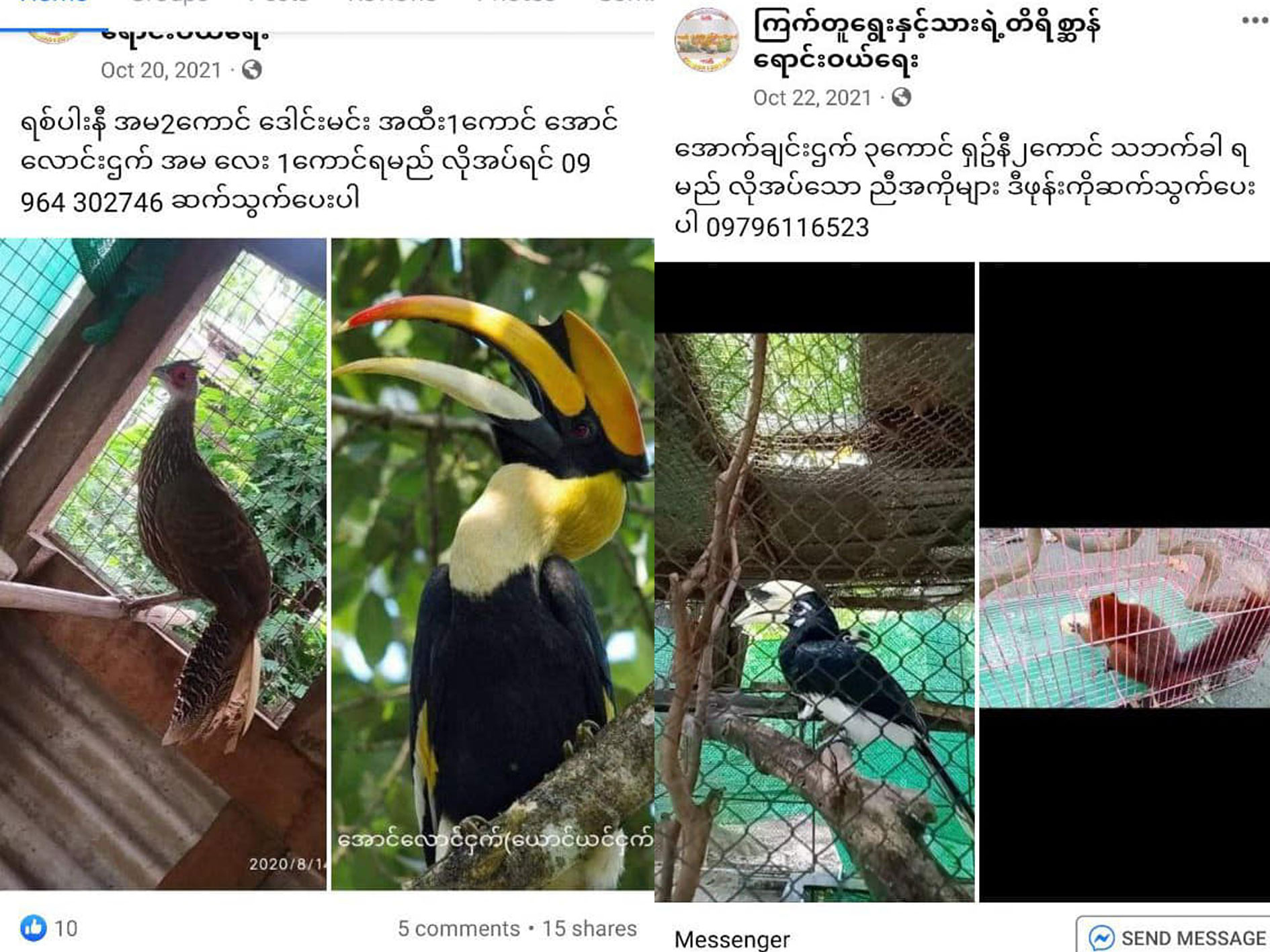
DMG Newsroom
2 April 2022, Sittwe
The illegal online trade in wildlife has boomed in Myanmar since the military coup in February 2021, the World Wildlife Fund (WWF) said in a recent report.
The report claims that the number of illegal online transactions involving endangered wildlife products rose 74 percent in 2021 over the previous year, to 11,046.
Shaun Martin, who heads the WWF’s Asia-Pacific regional cybercrime project, told DMG: “More than half of the online wildlife traders are in Myanmar. There were 344 online traders, and 44 percent of them were in Yangon, 30 percent in Mandalay, 3 percent in Magwe and small percentages in Sagaing, Bago and Naypyitaw.”
WWF researchers flagged 639 Facebook accounts as belonging to wildlife traders. The largest online trading group had over 19,000 members and typically saw dozens of posts each week, the WWF report said.
Of the 173 species identified as being traded online, 54 are threatened with global extinction, the report said. Seventy-six percent of the wildlife traded were bird species, 22 percent were mammals and 2 percent were reptiles, according to the report.
Wild animals are hunted, traded as pets and for meat, as well as used for making jewelry and in traditional medicines, said Martin.
“Myanmar’s Forest Department in 2020 allowed commercial breeding of 90 species which are officially protected. Since then it has become a challenge in handling wildlife crimes,” he said.
“The department did require breeders to apply for licenses to breed those protected species. But it didn’t detail requirements for license application. Permission for commercial breeding makes it difficult to control illegal wildlife trade. And illegal wildlife traders receive certain protection from such permission. Some online traders said that they have licenses,” he added.
In Arakan State, wildlife is more commonly traded at physical markets than online, according to Ko Yan Naung Soe, chairman of the Rakhine State Biodiversity and Environmental Conservation Society.
“Wildlife from birds to tortoise eggs are sold every day at markets [for consumption]. They are sold because there are consumers. We also need to take action in that regard,” said Ko Yan Naung Soe.
Martin said although the WWF did not specifically find illegal online trade in wildlife traced back to Arakan State, it does not mean there is no illegal wildlife trade in the region, adding that it is possible there is trade going on undetected.
He warned that the illegal wildlife trade, if left unchecked, would lead to species extinction, public health dangers and environmental degradation.
“Don’t keep wildlife as pets, don’t eat them, and don’t trade them,” Martin said.
The WWF said it will step up education campaigns on the illegal wildlife trade, also calling for the public’s cooperation.




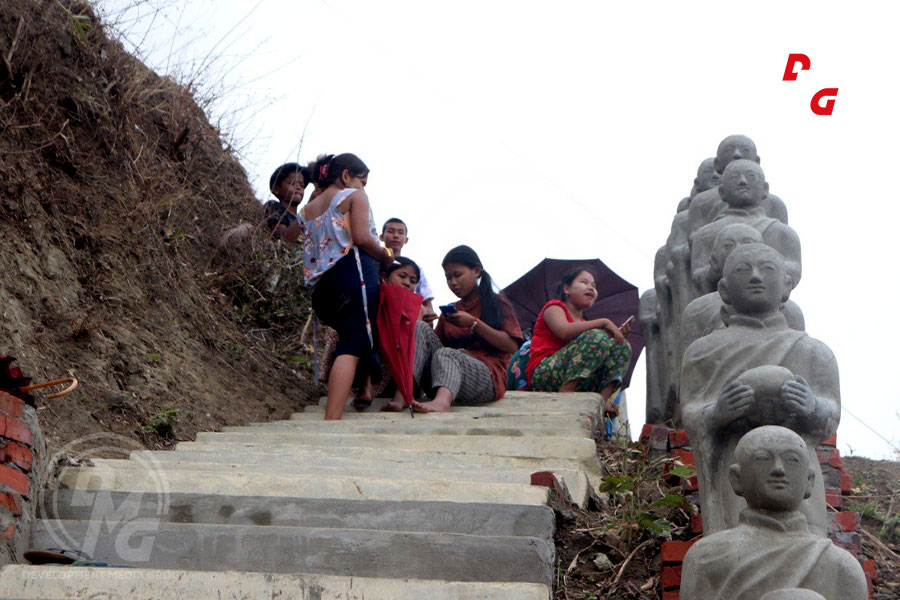

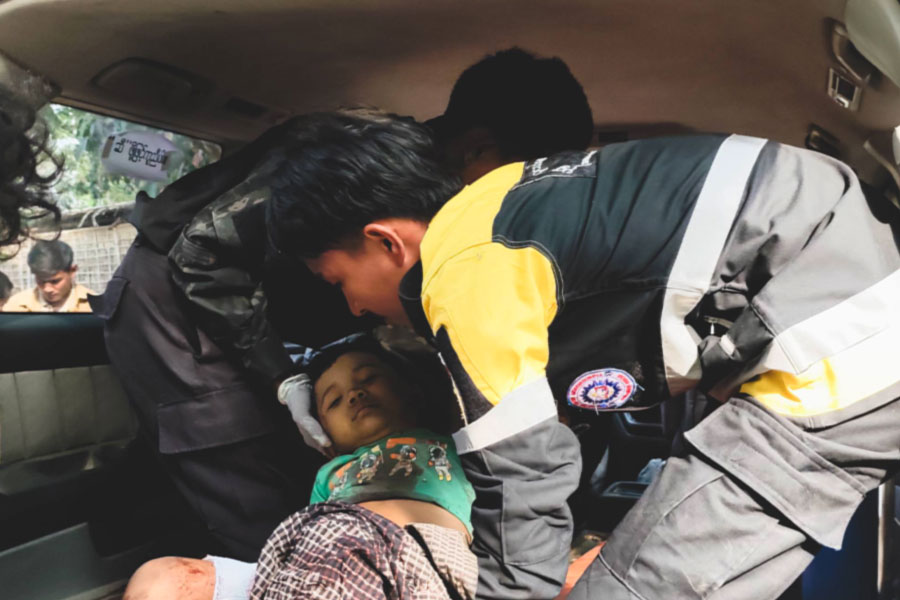
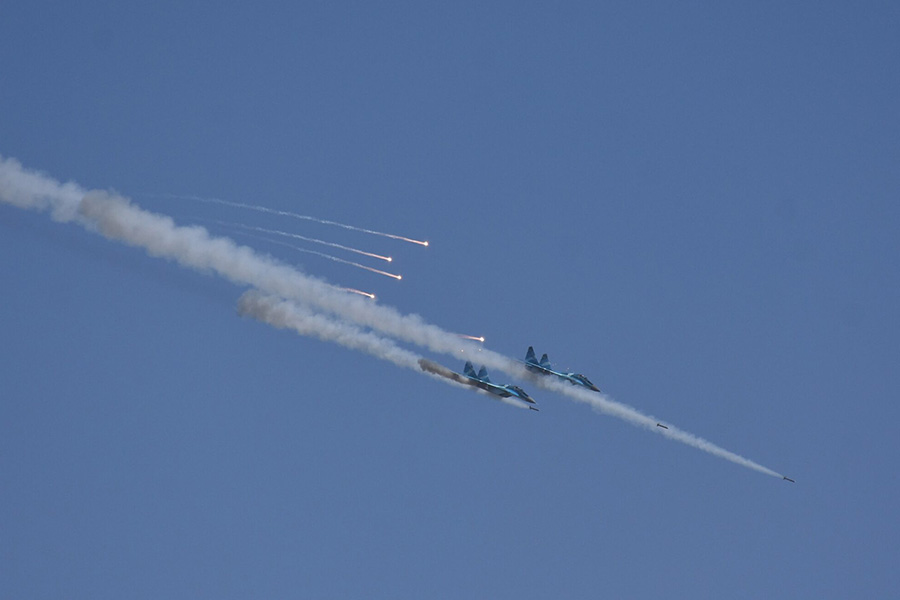
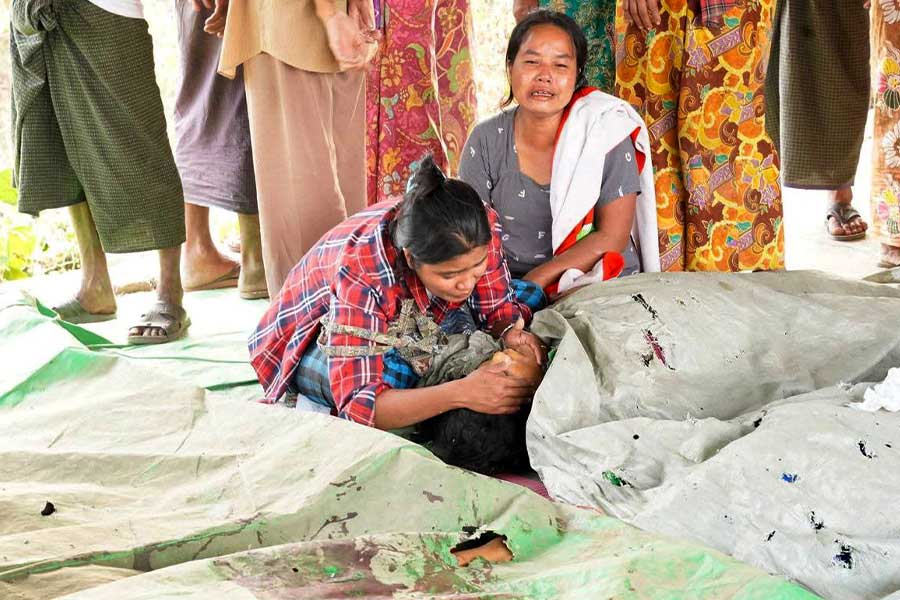








.jpg)